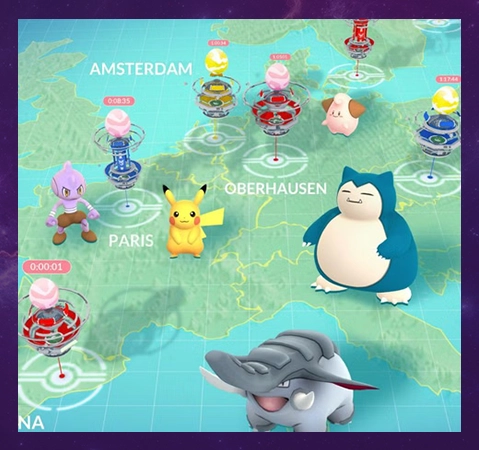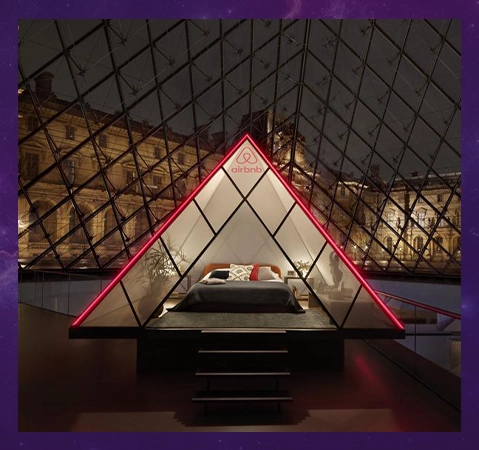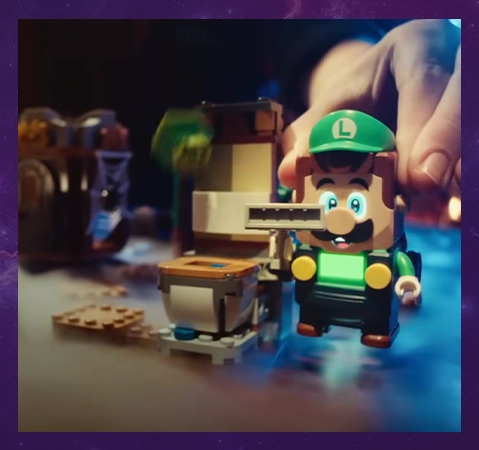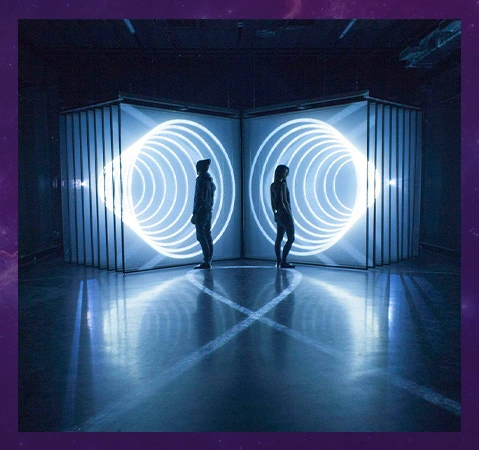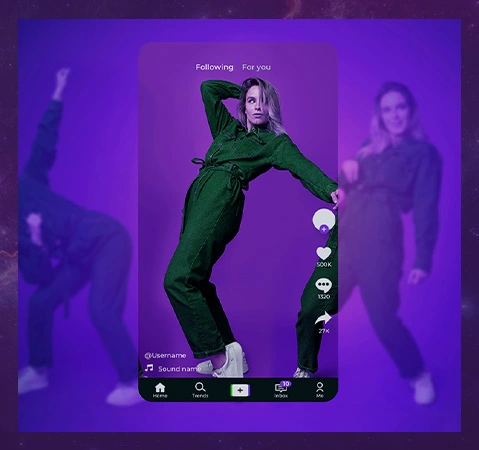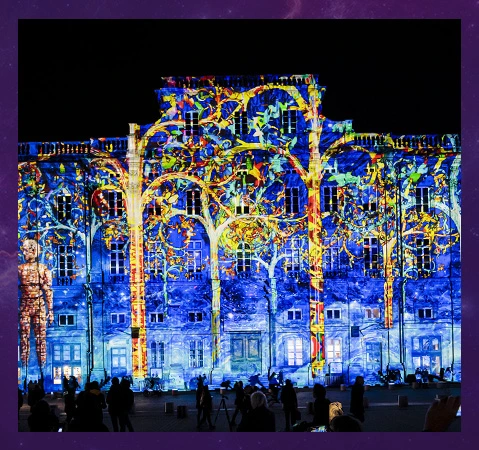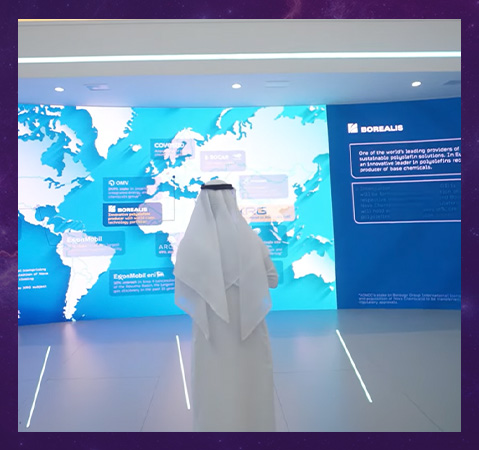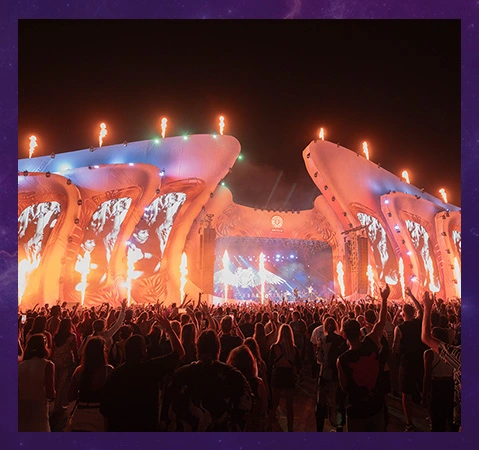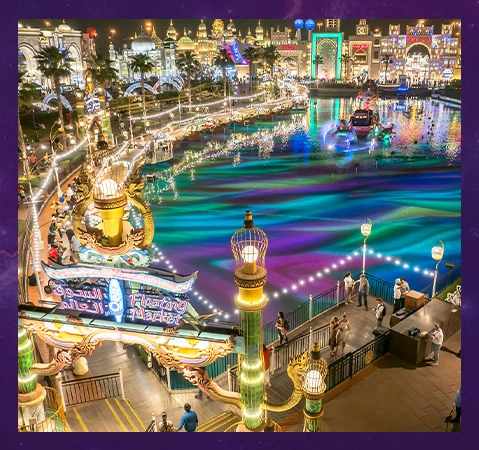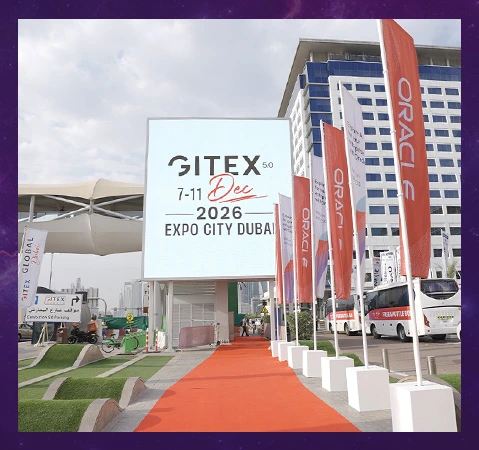
The Metaverse and Events: Virtual Worlds, Real Engagement
share
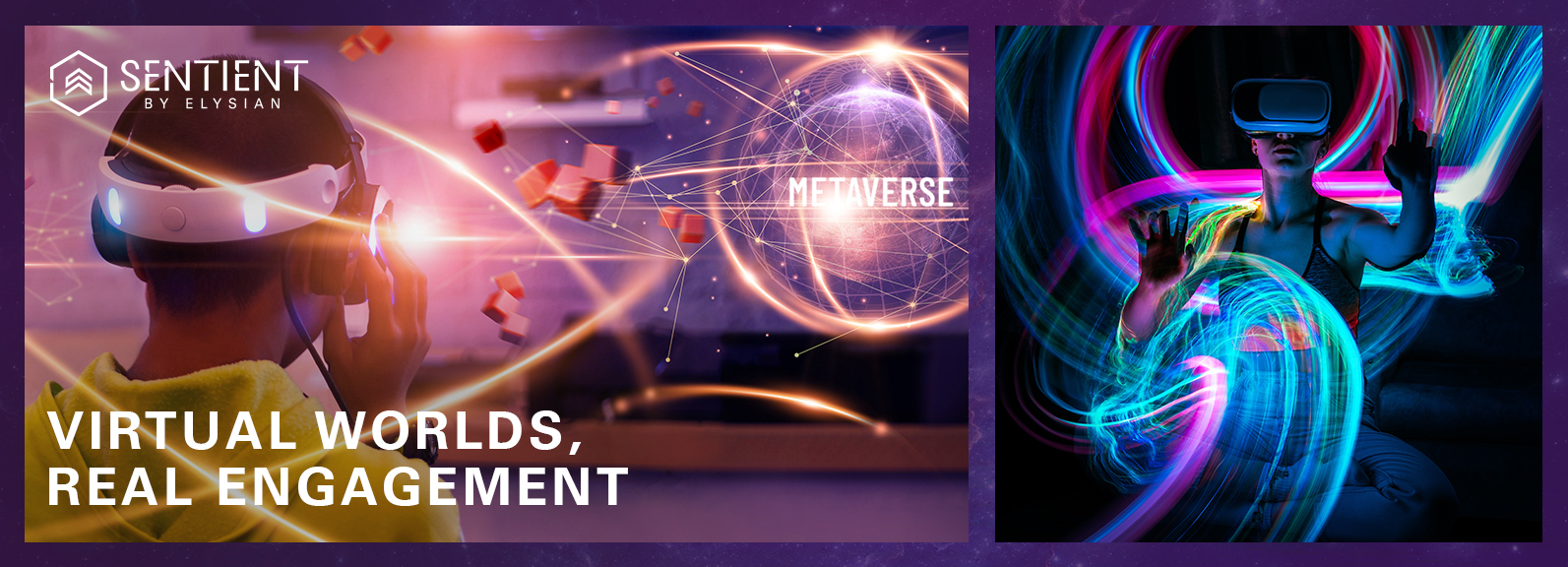
The metaverse is reshaping the event industry by concocting immersive, boundary-breaking experiences. In this virtual world, events are no longer capped by physical space, permitting brands to reach global audiences in once unthinkable ways. From virtual shows to digital gatherings, the metaverse offers endless prospects for engaging with attendees in delightful, interactive, and memorable ways.
What sets the metaverse asunder is its ability to create bespoke backdrops that reflect the theme and goals of any event. Whether it’s a futuristic expo hall or a fantasy landscape, the metaverse allows for limitless creativity, enhancing the overall attendee experience. Guests can explore these spaces, interact with others, and participate in activities that simply wouldn’t be possible in the real world.
Cutting-edge technologies like virtual reality (VR), augmented reality (AR), and blockchain further elevate these experiences, offering digital rewards like NFTs that add a unique, personal touch. The result is a highly engaging, one-of-a-kind event experience that leaves an everlasting imprint.
As the metaverse continues to evolve, it’s becoming evident that virtual worlds aren’t just a fad—they’re the future of events, offering real connections and indelible moments.
1. Immersive Experiences in the Metaverse
The metaverse transforms events into highly interactive, immersive experiences that go beyond traditional formats. Attendees can explore virtual environments, engage with others, and enjoy activities that aren’t possible in the physical world.
- Virtual Venues:
- Event organizers can design custom virtual venues that range from realistic replicas of real-world spaces to completely imaginative settings. These venues offer attendees the freedom to explore, connect with others, and participate in unique experiences that keep them engaged.
- AR and VR Technologies:
- Augmented reality (AR) and virtual reality (VR) enhance immersion by adding layers of interaction. AR blends digital elements with the real world, while VR creates fully immersive environments. These technologies make participants feel like they're truly present at the event.
For example, a virtual music festival could use VR to put attendees in the front row of a concert, while AR could provide real-time info on artists and the event schedule. This blend of technology keeps experiences engaging and memorable.
2. Expanding Global Reach and Inclusivity
The metaverse removes traditional boundaries, allowing events to connect with a worldwide audience and be more accessible than ever before.
- Breaking Geographical Limits:
- One of the metaverse's greatest strengths is its ability to host events in a virtual space, erasing the need for attendees to travel. This opens up events to a global audience, making it easier for people from different locations to participate without the constraints of physical distance.
- Fostering Inclusivity for All:
- The metaverse also enhances accessibility for individuals with disabilities or those facing other challenges. By integrating features like closed captioning, sign language interpreters, and assistive technology, virtual events can cater to a wider range of participants. Whether due to health concerns or personal circumstances, attendees can join from anywhere, creating a more inclusive and accessible environment for everyone.\
3. Boosting Interaction and Engagement

The metaverse brings a wealth of tools to make virtual events more interactive and engaging, creating memorable experiences for participants.
- Personalized Avatars for Social Connection:
- In the metaverse, attendees can design customizable avatars that reflect their personalities or entirely new personas. These avatars enhance social interaction by allowing participants to communicate, engage in group activities, and express emotions, making virtual events feel more dynamic and personal.
- Adding Fun with Gamified Elements:
- Incorporating game-like features into events makes the metaverse an exciting space. With gamification, attendees can earn points, unlock achievements, or collect virtual badges for completing challenges. This playful approach encourages participation and fosters friendly competition, boosting overall engagement.
Sentient By Elysian is one such company that pioneers the creation of immersive environments and setups featuring AR and VR experiences, transforming how audiences interact with events and engage with content. Its Escape Room is one such example that takes gamification, creativity and immersive experience to a whole new tangent.
- Tailored Event Content:
- The metaverse offers endless possibilities for customizing event content, from venue design to personalized experiences. Event organizers can tailor environments and activities to suit the preferences of their audience, ensuring attendees feel connected to the event’s theme and purpose.
4. Reimagining Hybrid Experiences
The metaverse opens new doors for hybrid events, seamlessly blending virtual and in-person elements for greater flexibility and engagement.
- Merging Physical and Digital Worlds:
- Hybrid events in the metaverse offer attendees the choice to participate either in person or virtually. Virtual participants can engage with those on-site via live chats, video conferencing, or shared activities, making it an ideal format for global audiences and eco-conscious organizers.
- Enhancing Events with Live Integration:
- With the metaverse, live-streaming events can be taken to the next level. Virtual attendees can experience real-time broadcasts while also engaging in interactive features like virtual venues and networking lounges, creating a cohesive experience for all participants, regardless of location.
5. Unlocking Monetization and Sponsorship in the Metaverse
The metaverse opens up exciting avenues for event organizers to monetize their events and engage sponsors in innovative ways.
- Virtual Commerce for New Revenue Streams:
- Virtual events provide a thriving platform for digital commerce. Attendees can explore and purchase products or services directly within the metaverse, from virtual goods and exclusive merchandise to tickets for future events. Partnering with brands for in-event sales or offering exclusive deals to attendees creates valuable new revenue opportunities for organizers.
- Branding and Immersive Sponsorships:
- Sponsorship in the metaverse takes branding to a whole new level. Brands can create immersive virtual experiences, sponsor custom-designed venues, or even host exclusive, branded activities for attendees. By offering a rich, interactive environment, brands can enhance engagement and leave a lasting impression. A great example is the partnership between Roblox and Shopify, where brands use immersive shopping experiences to reach highly engaged audiences in a unique way.-
6. Harnessing Data and Analytics for Event Success

The metaverse generates a wealth of data, empowering organizers to refine their events and improve return on investment.
- In-Depth Insights from Analytics:
- Virtual events offer extensive data on attendee behavior, preferences, and engagement. Event organizers can analyze this data to identify trends, measure the success of different features, and make data-driven decisions to enhance future events.
- Real-Time Feedback for On-the-Fly Adjustments:
- Through live polls, surveys, and interactive chat forums, the metaverse allows organizers to collect instant feedback, enabling adjustments during the event itself. This ensures that the experience is continuously refined for maximum attendee satisfaction.
7. Sustainability and Cost Efficiency in the Virtual World
The metaverse offers a greener, more cost-effective solution for hosting events.
- Reducing Environmental Impact:
- By eliminating the need for travel and physical venues, virtual events dramatically reduce carbon footprints, aligning with the sustainability goals of many organizations.
- Cost Savings with Digital Events:
- Without the expenses of travel, venue rentals, and logistics, virtual events offer significant cost reductions. Additionally, the data gathered can be leveraged to streamline future events, making them even more efficient and cost-effective.
To wrap it up:
As we delve into the transformative potential of the metaverse, it becomes evident that these virtual worlds are not just fleeting trends but essential platforms for real engagement. The metaverse invites participants to immerse themselves in interactive experiences that transcend geographical boundaries, allowing for unprecedented connection and collaboration. Event organizers can leverage the metaverse to craft environments that foster community, creativity, and inclusivity, enhancing the overall impact of their events. As we look to the future, the metaverse stands poised to redefine the landscape of events, making them more accessible, interactive, and meaningful than ever before. The journey into this new frontier has just begun, and the possibilities are truly exciting.



